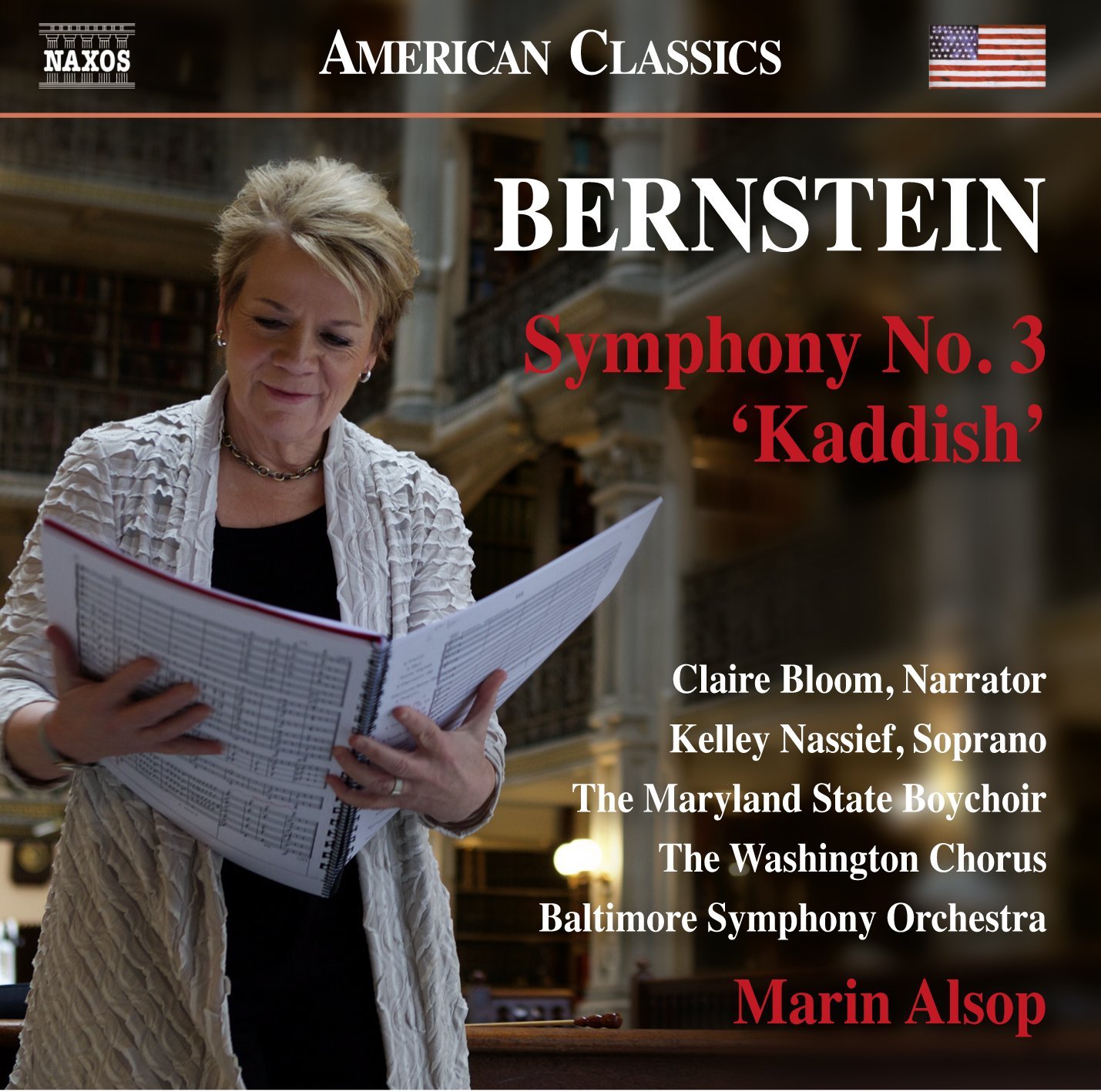Mark Wigglesworth and I go back quite a long way in terms of meetings – namely to 1996, when I interviewed him for Gramophone about the launch of his Shostakovich symphonies cycle on BIS. He completed it a decade later, though that release hung fire until last year. We should have discussed the whole project shortly afterwards, but despite his generously coming to talk to the students in what was then my Opera in Focus class about Parsifal, which we were studying, I wasn’t able to keep my part of the bargain.

The frail bridge between Baroque and Classical aesthetics was the theme for this debut UK appearance by Insula, the period-orchestra extension to Laurence Equilbey’s superb vocal ensemble accentus.

Sunday evening may have been all about melancholy at the Sam Wanamaker Playhouse, but last night Bjarte Eike and his uproariously talented Barokksolistene traded wails for ales and one of their legendary alehouse sessions at the Globe’s Sam Wanamaker Playhouse. There was music, certainly, but also dancing, storytelling, drinking (yes, really) and more joy than it’s possible to imagine from this tight-knit bunch of musical mavericks.

Last night's perfectly-judged, superbly communicated performance of Mahler's Fourth Symphony served as a reminder that the passion, experience and astonishing musicality of 86-year-old conductor Bernard Haitink are things to be cherished and never taken for granted. The symphony, first performed in 1901, was the main work in this second of Haitink's three concerts with the LSO before they leave together for Japan.

“Sounds a bit depressing,” said several friends when I urged them to attend the theatrical incarnation of The Image of Melancholy, inspirational violinist Bjarte Eike’s award-winning CD with his stunning Norwegian-based group Barokksolistene. Creative melancholy, though, is not the same as stuck depression, and the sequence on the disc was well-balanced with songs and dances as well as superbly engineered sound. The instrumental sheen created equal magic in the wood-resonant surrounds of the Sam Wanamaker Playhouse last night.

It’s hard to believe that East Lothian’s Lammermuir Festival has only been around for six years. In that short time, it’s become a cherished fixture in Scotland’s musical calendar. For regular concert-goers, it’s a calmer antidote to the August festival mayhem of Edinburgh, just half an hour away, and just a couple of weeks after the capital’s wall-to-wall chaos ends. And for East Lothian locals, it’s a well-appreciated intensive burst of classical music in the beautiful but decidedly untouristy villages and historic buildings of their neighbourhood.

 Bernstein: Symphony No. 3 'Kaddish' Baltimore Symphony Orchestra/Marin Alsop (Naxos)
Bernstein: Symphony No. 3 'Kaddish' Baltimore Symphony Orchestra/Marin Alsop (Naxos)

There’s just something about an opera orchestra when it’s let out of the pit. The Royal Danish Orchestra is more than that, of course – it makes much of its six centuries of history, and since its past members included John Dowland, Heinrich Schütz and Carl Nielsen, why wouldn’t it?

It was a sad coincidence that this Monday Platform “showcasing talented young artists” took place only weeks after the death in a road accident of Roderick Lakin, Director of Arts for 31 years at the Royal Over-Seas League which was last night's backer. For no concert could have been more sensitively tuned to a personal farewell. Overt melancholy only surfaced in the slow-movement theme of Brahms’s Second Piano Trio. But wouldn’t you want Dowland, Bach and Schubert at your memorial concert?

Later this week David Skinner’s Alamire ensemble will collect the Early Music Gramophone Award for The Spy’s Choirbook, but last night it was the group’s follow-up album that was in the spotlight (or rather the candlelight) in a performance at the Globe’s Sam Wanamaker Playhouse. Anne Boleyn’s Songbook is the central panel of a planned trilogy of releases, with a story every bit as compelling as its predecessor.

